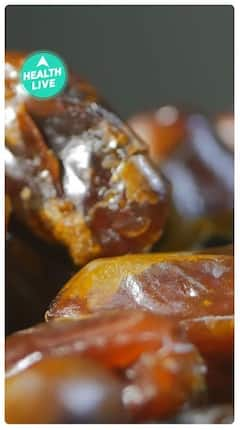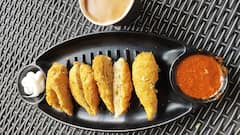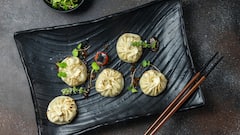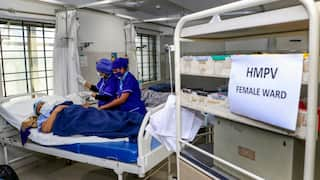Here's Why Your Health Is At Risk By Eating Momos In Monsoon, Watch Video | Health Live
Eating momos during the monsoon season can pose certain risks due to the increased likelihood of food contamination and the growth of harmful bacteria. The high humidity levels during the monsoon create a conducive environment for bacteria and other pathogens to thrive, potentially leading to food spoilage if the momos are not stored or cooked properly. Additionally, monsoon rains can cause flooding and waterlogging, leading to contamination of water sources. If the water used in the preparation or steaming of momos is contaminated, it can result in foodborne illnesses. Street vendors might not always follow proper hygiene practices, especially during the monsoon when it is challenging to maintain cleanliness, increasing the risk of contamination. Moreover, the ingredients used in momos, such as meat and vegetables, can spoil quickly in the damp monsoon weather if not stored correctly, leading to potential food poisoning. To minimize these risks, it is important to choose hygienic vendors who maintain high hygiene standards and use fresh ingredients. Ensuring that the momos are thoroughly cooked is crucial, as high temperatures can kill harmful bacteria. It is also advisable to avoid eating raw chutneys or salads often served with momos, as they may carry contaminants. Alternatively, preparing momos at home where you can control the quality of ingredients and ensure proper hygiene is a safer option. By taking these precautions, you can enjoy momos more safely even during the monsoon season.
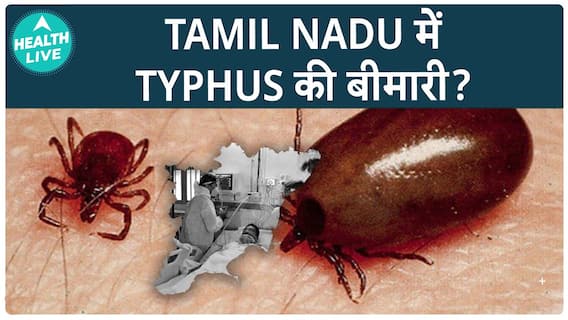




Top Headlines
Trending News











